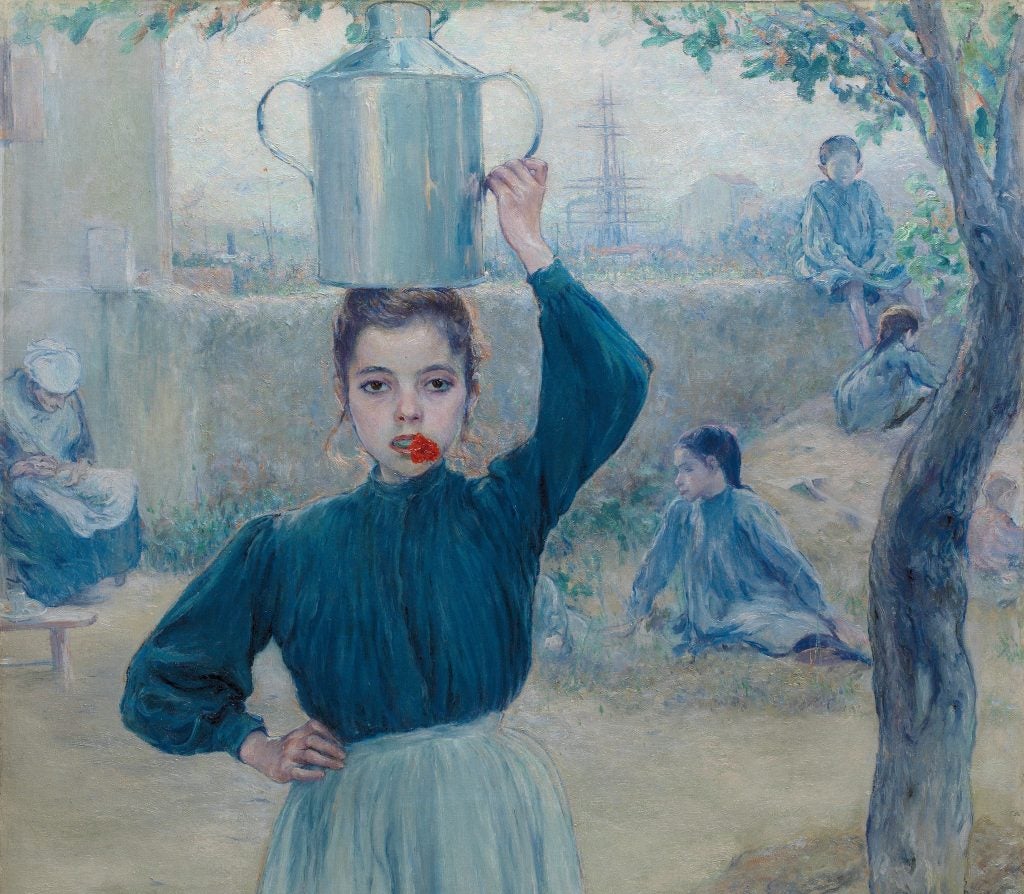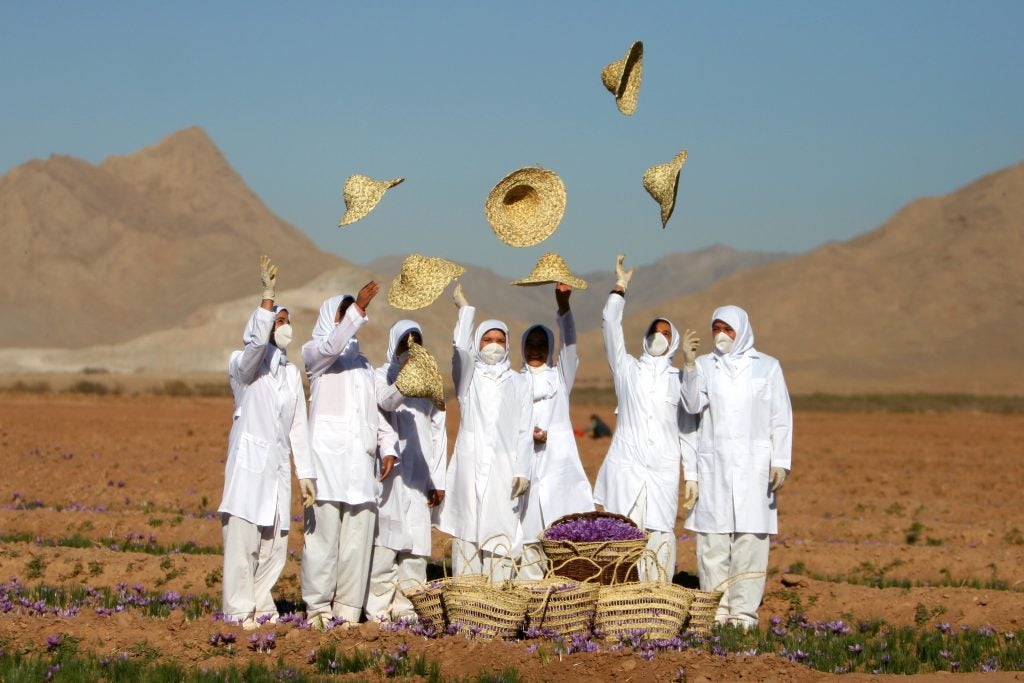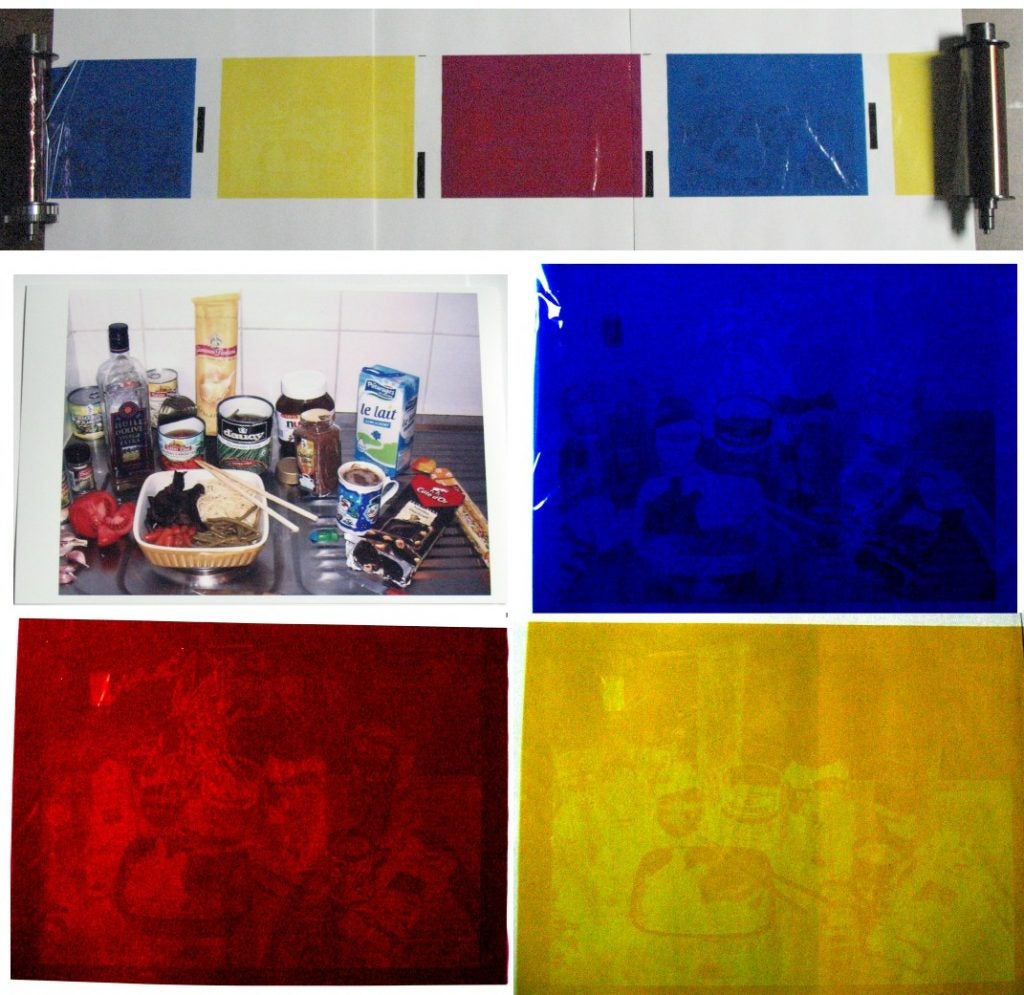Sakeen
Sakeen the housemaid was rarely free to play with us, even at parties. She had to prepare dinner, serve it to the guests, and clean up. Shahnaz, my uncle’s wife, liked to throw big parties to outplay our mothers in a game between them known as “The Best Hostess.” Her dinner table was always colorful […]
Sakeen the housemaid was rarely free to play with us, even at parties. She had to prepare dinner, serve it to the guests, and clean up. Shahnaz, my uncle’s wife, liked to throw big parties to outplay our mothers in a game between them known as “The Best Hostess.” Her dinner table was always colorful








